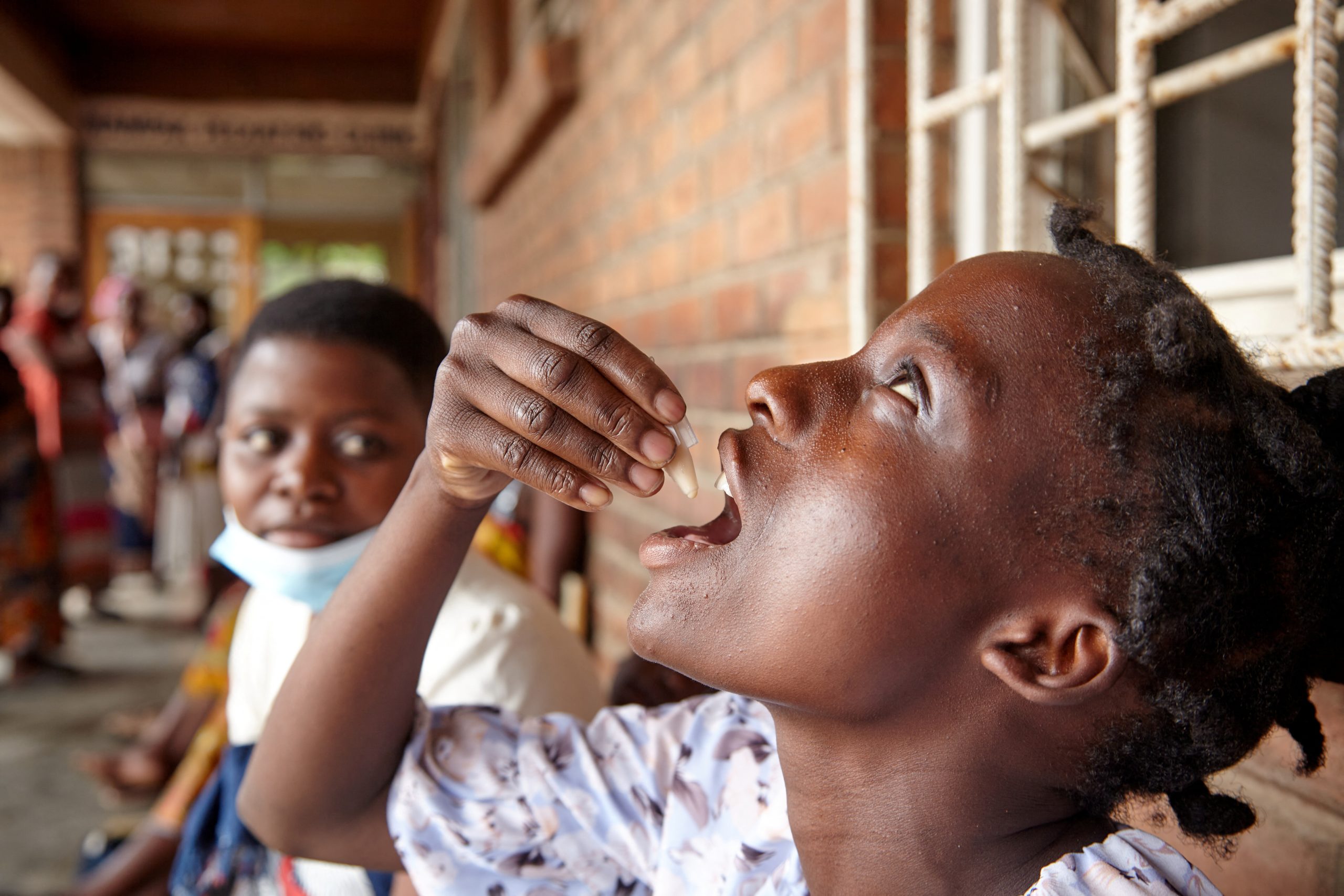“Polio vaccine hesitancy cost me”
Share

“At one time I was able to run like a child, I remember vividly at some point my legs were strong and
I would climb trees like any other naughty girl, but all these are just memories now. The memories
are just stuck in my mind and in photography, at least my brother has those pictures” explained a
jovial Octavia Phiri.
Despite being wheelchair bound, Phiri has defied the odds by doing what able bodied persons can
do. Indeed, her adage of "the basket of disability does not get full” is confirmed after she became a
person with disability at four years.
“I started using a wheelchair when I was a child only after I fell ill. It was difficult for me to recover
because I never had the chance to go to the hospital. I grew up in a religious family where hospitals
were forbidden. This meant that even the essential vaccinations were forbidden in my family,” she
said.
Religion is one of the major factors why parents or guardians shy away from having their children
vaccinated.
Vaccine hesitancy among some Apostolic community sects, in particular represents a significant
challenge. One third of Zimbabwe’s population belongs to Apostolic religious groups, tied to
Christianity and leaders of apostolic churches hold a significant sway in society.
Phiri is one of the victims of vaccine hesitancy emanating from religion, a religion which desists from
medical attention and have their faith in God for healing.
“My parents regretted their decision of not taking me to polio vaccination, I was bedridden for a
while, when they decided to take me to the hospital it was already too late, my legs were already
paralysed,” she recalls.
A survey conducted last year by the Zimbabwe College of Public Health Physicians found that while
50 percent of Zimbabweans would accept the vaccines, 30 peercent were unsure about it, and 20
percent would reject any form of vaccines.
Despite the drawback from religion, the government is encouraging citizens to vaccinate against
polio.
Zimbabwe recently embarked on the final phase of its national polio vaccination campaign, targeting
2.6 million children below the age of five.
This campaign is part of a series of vaccination drives recommended by the World Health
Organization (WHO) and other Global Polio Eradication Initiative (GPEI) partners, as part of the
comprehensive response to Polio outbreaks in the Southern Africa region. The vaccination campaign
is being conducted through door-to-door visits and at strategic points such as bus terminals and
growth points, as well as all clinics and hospitals across the country.
The GPEI partners, who include the Bill and Melinda Gates Foundation (BMGF), Crown Agents, Gavi-
the Vaccine Alliance, Rotary Club, UNICEF, and WHO are also providing technical and financial
support.
In the recent campaigns in Victoria Falls, the Ministry of Health and Child Care Minister Dr. Douglas
Mombeshora said the moves serve to remind people of the severe consequences of Poliomyelitis.
“The disease causes debilitating paralysis and death, particularly among children, and vaccination
campaigns as these contribute to commitments towards global eradication targets,” he said.
In a report from the World Health Organisation released that Polio has been more complex than any
other diseases. David Heymann, who heads the WHO’s Containment Advisory Group polio said polio
can silently infect up to 1,000 people before causing a case of paralysis.
“The main tool is vaccination. Industrialised, polio-free countries use an inactivated poliovirus
vaccine (IPV), which doesn’t prevent the virus infecting the body and being shed in stools, but does
protect against paralysis,” he said.
Polio is a viral disease that can be prevented through vaccination but has no cure. The virus invades
the nervous system and can cause total paralysis within hours, particularly among children under
five years old. It is transmitted from person to person mainly through contaminated hands, water, or
food by faecal matter.
However, to avoid the Phiri’s predicaments, parents or guardians are encouraged to take their
children for vaccines at an early stage despite the religious factors.









